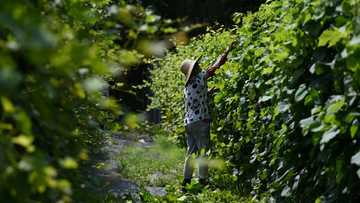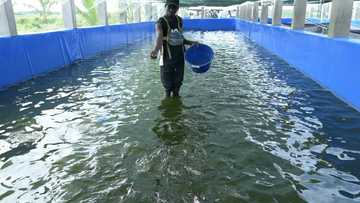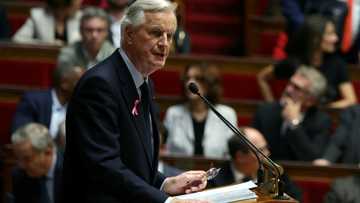Skiing calls on UN climate science to combat melting future
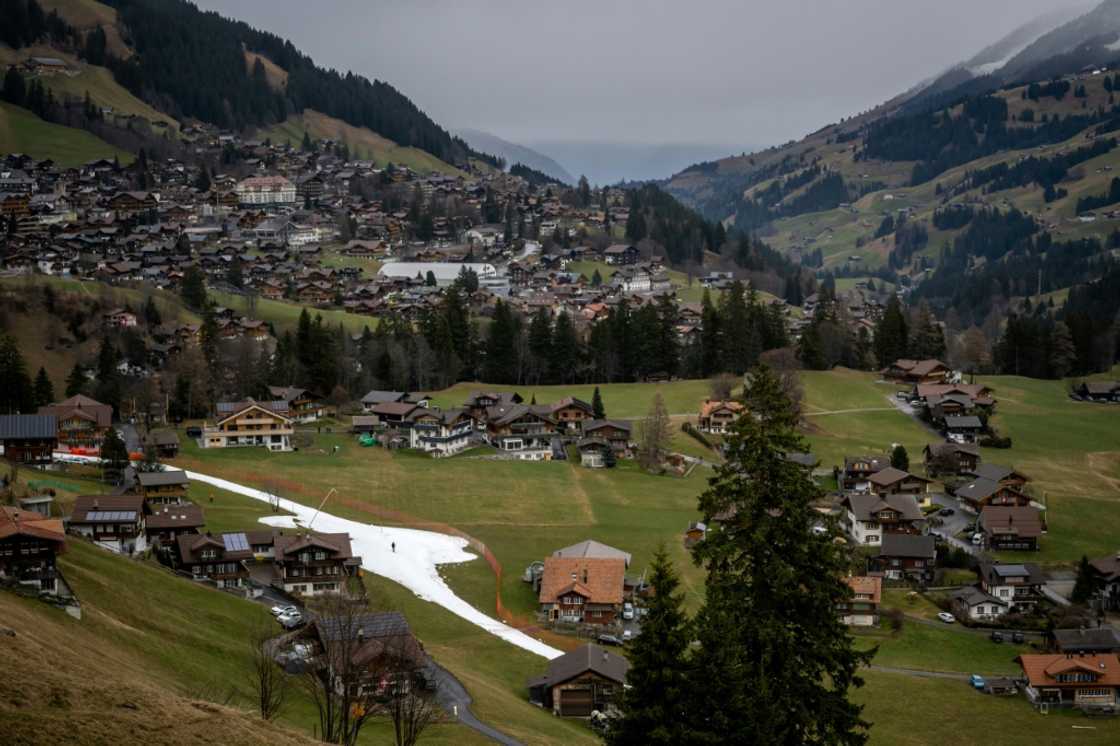
Source: AFP
World skiing's governing body joined forces with the UN's weather agency on Thursday in a bid to feed its meteorological expertise into managing the "existential threat" to winter sports posed by climate change.
Ski resorts around the world are increasingly being forced to confront the realities of a warming climate, with stations suffering from a lack of snow and a shorter season -- and the knock-on economic impact for destinations reliant on winter tourism.
The International Ski and Snowboard Federation (FIS) hopes its cooperation with the United Nations' World Meteorological Organization (WMO) weather and climate agency will give it a better outlook on the future for winter sports.
"The climate crisis is obviously far bigger than FIS -- or sports, for that matter: it is a genuine crossroads for mankind," the organisation's president Johan Eliasch said in a statement.
"It is true, though, that climate change is, simply put, an existential threat to skiing and snowboarding. We would be remiss if we did not pursue every possible effort that is rooted in science and objective analysis."
Eliasch, a Swedish-British multi-billionaire businessman and environmentalist, previously served as former British prime minister Gordon Brown's special representative on deforestation and clean energy.
Cancelled races, artificial snow
In the organisations' joint statement, the WMO said the impact of climate change was "becoming increasingly evident" on winter sports and mountain tourism.
Climate change poses a severe challenge to the sport of skiing, which already makes almost routine use of artificial snow for most World Cup, world championship and Olympic races -- a practice that consumes vast amounts of water and energy.
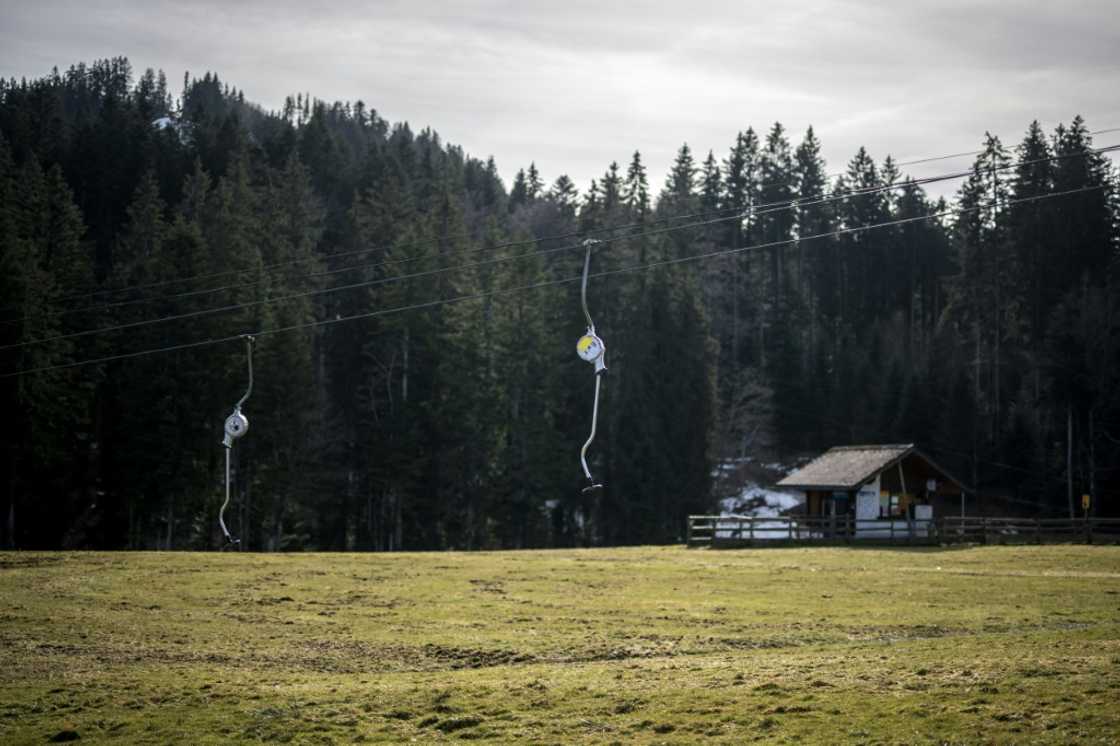
Source: AFP
At the Beijing 2022 Winter Olympics, the downhill skiing events took place in a region affected by drought and the pistes were entirely artificially generated -- something roundly criticised by environmental organisations.
The so-called "White Circus" continually travelling between competitions around the world has also been condemned by environmentalists for its carbon footprint.
In 2023/24, the FIS organised 616 World Cup races across all disciplines, at 166 venues. Twenty-six races were cancelled for weather-related reasons.
The WMO and the FIS said they would work together to highlight the impacts of rising global temperatures on snow and ice, and set up practical ways to boost dialogue between science and sports.
"Ruined winter vacations and cancelled sports fixtures are -- literally -- the tip of the iceberg of climate change," said WMO chief Celeste Saulo.
"Retreating glaciers, reduced snow and ice cover and thawing permafrost are having a major impact on mountain ecosystems, communities and economies and will have increasingly serious repercussions at local, national and global level for centuries to come."
Frozen world a hot topic
The partnership marks the first time the WMO has struck a memorandum of understanding with a sports federation.
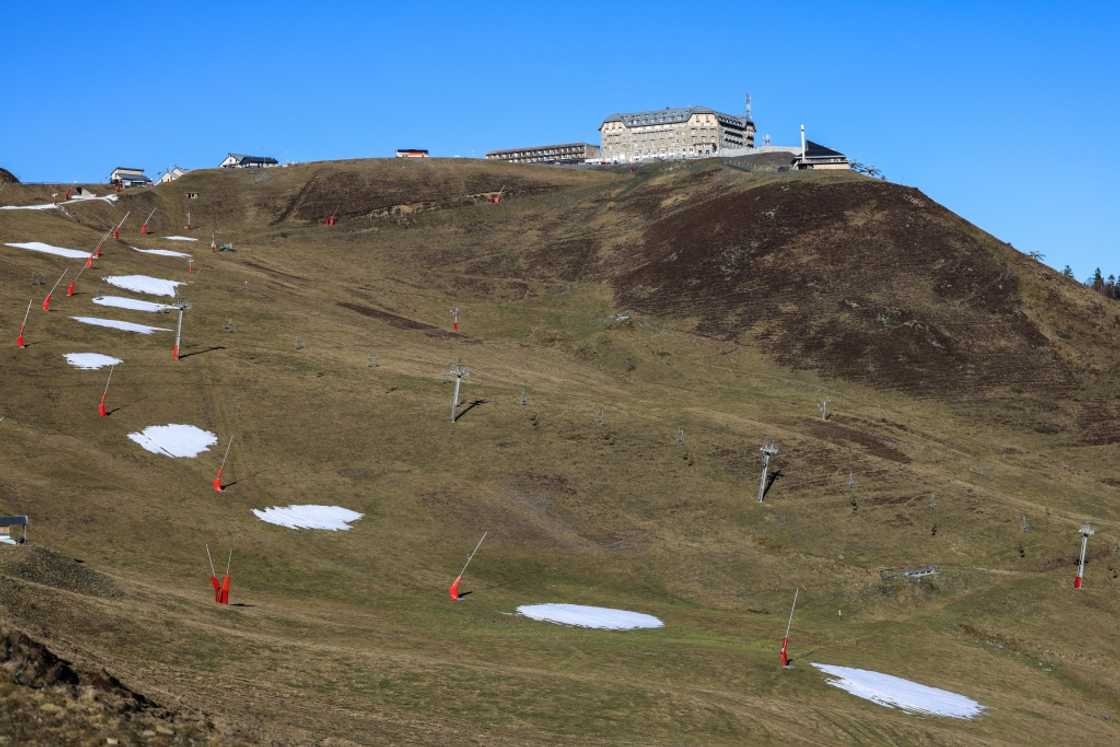
Source: AFP
It comes days after the local assembly in the eastern French department of Doubs said a third of slopes would close at the Metabief ski resort, which needed to be swiftly repurposed away from an economic model that was "no longer viable" amid unreliable snowfall.
Councillor Raphael Krucien said: "We must start to mourn the loss of mid-mountain skiing, we must accept the consequences of climate change and seize the opportunity to transform this ski resort into a 'mountain resort'," even if the decision is "brutal".
On November 7, the WMO and the FIS will host a webinar for all 137 national ski associations, plus venue managers and event organisers, on climate change and its potential impact on snow and ice and winter sports.
It will include an overview on advancing forecasting tools in support of optimising snow management around ski resorts.
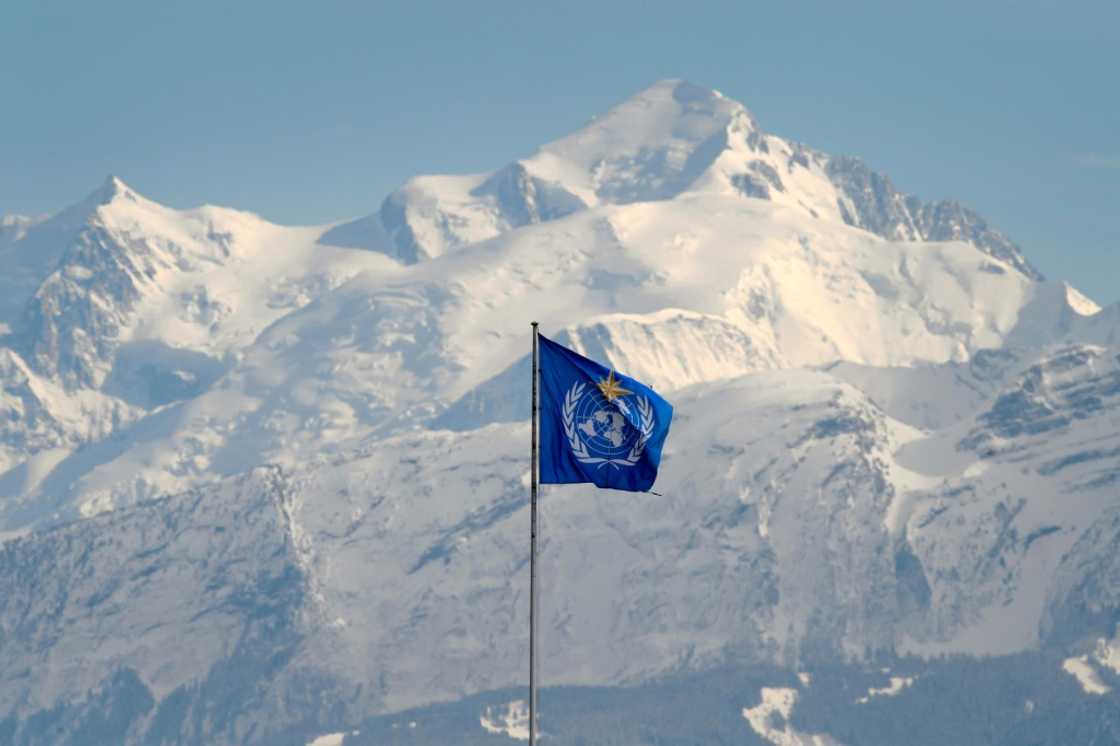
Source: AFP
Earlier this year, the WMO's executive council decided to make the cryosphere -- the frozen parts of the Earth -- one of its top priorities, due to growing concerns over melting snow, ice and permafrost.
Around 70 percent of Earth's fresh water exists as snow or ice, with around 10 percent of land covered by glaciers or ice sheets, meaning changes in the cryosphere will affect the whole planet.
PAY ATTENTION: Сheck out news that is picked exactly for YOU ➡️ find the “Recommended for you” block on the home page and enjoy!
Source: AFP

